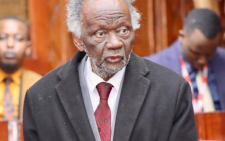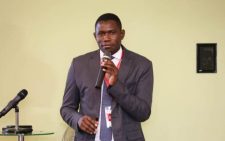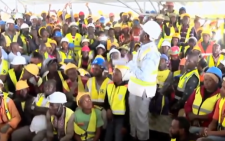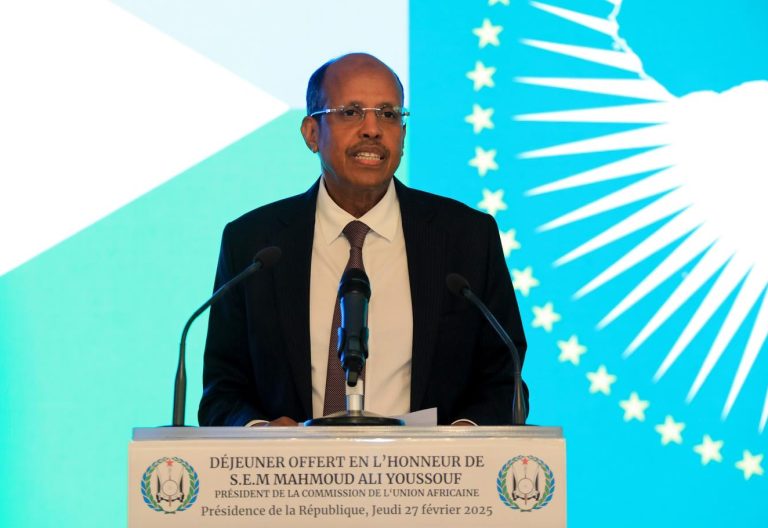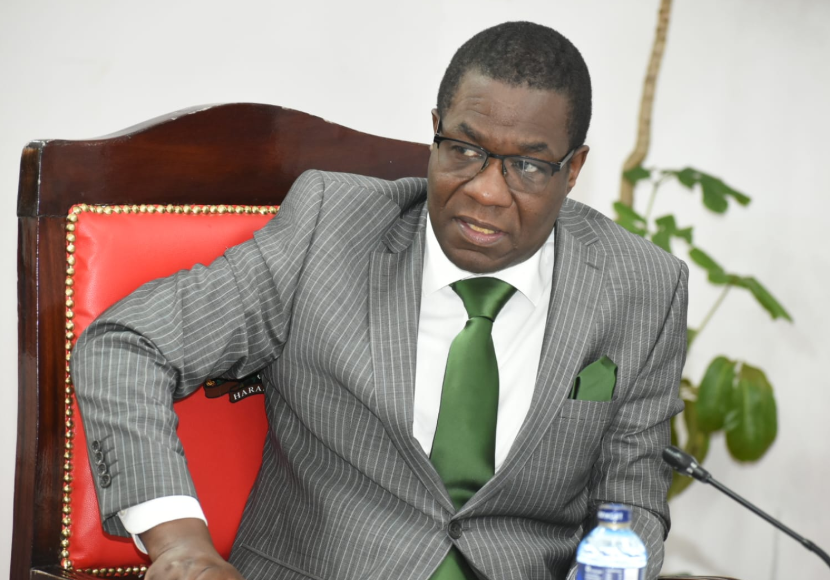Police disrupt press conference held by victims of BATUK atrocities ahead of King Charles’s arrival
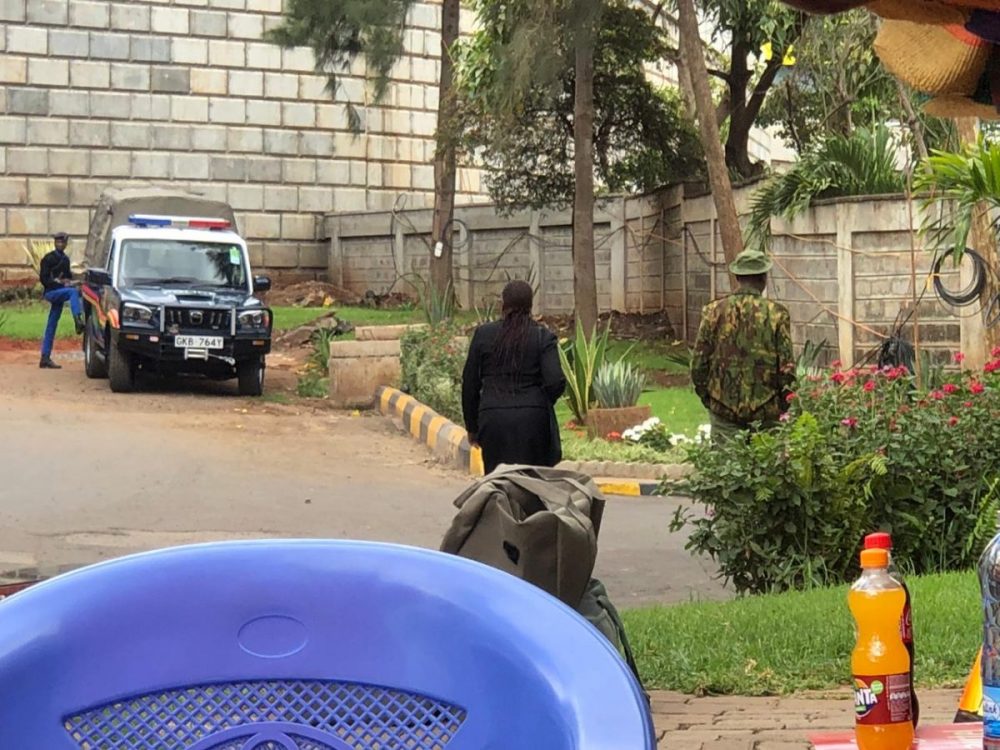
Police on Monday morning blocked victims of atrocities committed by the British Army Training Unit in Kenya (BATUK) in Laikipia and Samburu from gathering and addressing the media regarding their grievances ahead of the impending visit of King Charles to the country.
Among those obstructed by the police was the family of Agnes Wanjiru, a woman whose family accused the British soldiers of having a hand in her death in March 2012 in Laikipia. Also present was the widow of Linus Murangiri, who lost his life during a fire incident linked to BATUK.
The victims had planned to meet at a city hotel but were prevented from doing so by a contingent of police officers who arrived at the venue with police vehicles and blocked the entrance.
James Mwangi, the organizer of the gathering, expressed frustration as the police officers did not provide any reasons for their actions.
“There is a high police presence and the victims have been chased away while they were trying to access the venue of the meeting,” said Mwangi.
According to Mwangi, they received orders from the Officer Commanding Central Police Station in Nairobi, to cancel their planned procession and press conference.
The victims are protesting against alleged atrocities committed by the British Army Training Unit in Kenya (BATUK), which is based in Laikipia and Samburu counties. Their allegations against BATUK include ethical breaches related to misconduct, such as corruption, fraud, discrimination, abuse of power, and other unethical behaviours.
Furthermore, the victims claim human rights violations, including mistreatment, torture, unlawful detention, killings, and other violations of internationally recognized human rights standards.
The victims had hoped to present their grievances to King Charles during his visit. One of the prominent issues among their grievances is the unresolved murder case of Wanjiru.
This dispersal by the police comes in the midst of growing calls to address historical injustices committed by the British during their colonial rule in Kenya.
During his four-day official visit to Kenya, King Charles is facing demands to address the legacy of eight decades of British colonial rule, as well as concerns that foreign ownership of valuable farmland and accountability for the actions of British soldiers stationed in Kenya have not been adequately acknowledged.
The Kenya National Human Rights Commission has urged the King to use this visit as an opportunity to apologize for the atrocities committed against Kenyans during the Mau Mau struggle, which played a pivotal role in Kenya’s path to independence.
The KHRC Executive Director, Davis Malombe, highlighted that British occupation in Kenya was marked by excessive force, brutal expeditions, and violent crackdowns on individuals, communities, and associations that resisted colonial rule.
“The atrocities committed by the British regime were so gross that the Truth, Justice and Reconciliation Commission (TJRC) described them as unspeakable and horrific gross violations of human rights,” said Malombe.
In August, the Kenyan parliament launched an inquiry into the activities of the British army, which has a base on the outskirts of the town of Nanyuki, about 200 kilometres north of Nairobi.



